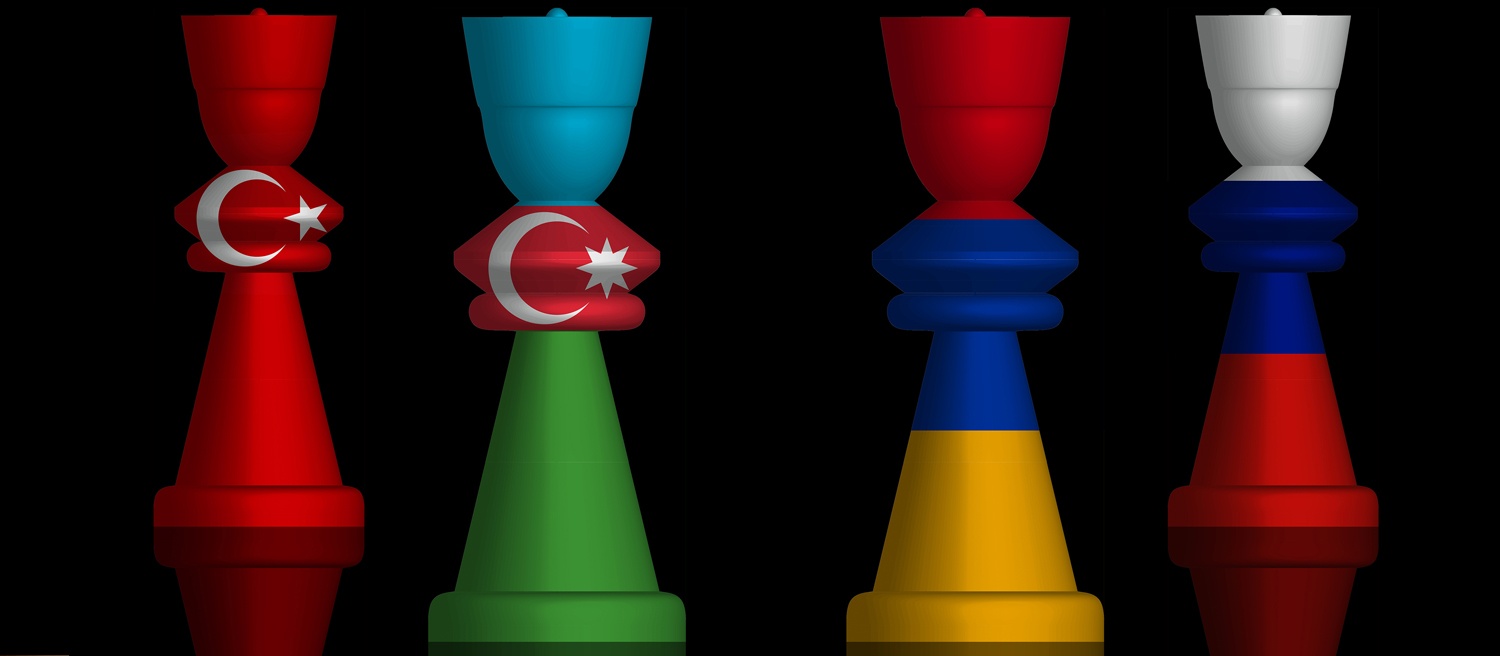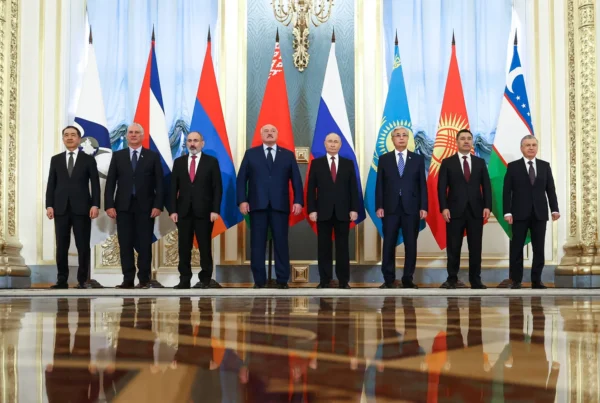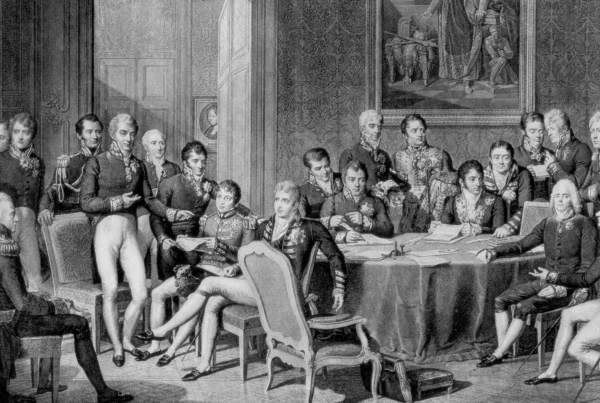Following six weeks of full-scale war turned humanitarian catastrophe in the 2020 Nagorno Karabakh War, Russia brokered a shaky trilateral agreement with Armenia and Azerbaijan to halt the fighting yet violence and geopolitical uncertainty ensue in the South
Lena Krikorian
15 December 2020
On September 27 Azerbaijan launched a military offensive in the disputed mountainous region of Nagorno Karabakh. For 45 days civilians hid in underground bunkers with no electricity and rising COVID-19 cases. Sirens went off every 30 minutes as Azerbaijani forces indiscriminately shelled homes, schools, markets, and a maternity and childrens hospitals. Azerbaijan does not release its’ military losses yet estimates find that fighting amassed approximately 6,000 casualties. The war also prompted a mass exodus of 110,000 Armenian refugees from Artsakh fleeing their homes.
Also known as Artsakh or the Nagorno-Karabakh Republic (NKR) the population is approximately 150,000, of which the vast majority is ethnically Armenian. Artsakh is a 4,400 square km enclave that is internationally recognized as lying within Azerbaijani territory, but it is governed by a de facto independent republic that has its’ own army, parliament and president. Neighboring landlocked Armenia does not claim ownership of Artsakh but is its’ security guarantor, mainly using Soviet-era missile systems. Armenia and Russia are strategic partners yet Russia provides weapons to both sides.
Artsakh became a stage for regional power struggles and emboldened autocratic leaders to showcase 21st century weaponry and gross violations of international humanitarian law. Human Rights Watch verified Azerbaijan’s use of internationally banned cluster munitions and white phosphorous in civilian areas. In an interview with the BBC Azerbaijan’s president Aliyev simply called all of the indiscriminate attacks “fake news” leaving no room for negotiations.
During and after the War Azerbaijani soldiers targeted ethnic Armenians prompting war crime investigations, as evidenced in videos of Azeri soldiers torturing and beheading Armenian POWs and civilians. Turkey deployed nearly 2,000 Syrian National Army mercenaries to the front lines and Ankara and Baku still deny the presence of Syrian mercenaries.
An authoritarian despot governs Azerbaijan and the country’s oil and gas resources have enabled it to arm itself heavily. In 2019-2020 Turkey’s military exports to its ally Azerbaijan increased by sixfold in 2020 at a total of $123 million in purchasing drones, rocket launchers and ammunition.
On July 12 Azerbaijani forces launched a series of unilateral attacks on Armenia proper, situated in the Tavush region along the northeast of the belligerents shared border. Thousands of Azerbaijanis stormed the Parliament in Baku chanting “Death to Armenians” advocating for the war. Azerbaijan targeted Armenia’s only source of civilian nuclear energy at the Metsamor Power Plant and bombed a kindergarten and textile factory used to produce PPT masks. The July escalations sparked Turkey and Azerbaijan to hold joint military exercises from July 29-August 10.
The origins of the larger, intractable Nagorno Karabakh conflict stem from the past century. In order to make the former Soviet republics dependent on Moscow to resolve ethnic differences, Joseph Stalin designated the 94% ethnic Armenian territory as Azerbaijani. Known as the Nagorno Karabakh Autonomous Oblast (NKAO, administrative) throughout the Soviet Union, in 1988 NKAO authorities held a referendum in which they freely and fairly voted for independence from Azerbaijan and to join Artsakh to neighboring Armenia. Azerbaijan rejected the result, and scores of anti-Armenian violence occurred in the form of pogroms in Baku, Sumgait, and Nagorno Karabakh.
Azerbaijan and Armenia fought a war in Nagorno-Karabakh from 1988 to 1994 that claimed the lives of more than 25,000 people and approximately half a million people displaced. The conflict was generally considered to be “frozen” with sporadic violence breaking out. Dozens of deaths per year were reported annually as a result of sniper fire and periodic skirmishes.
France, Russia and the United States are the three co-chairs of the OSCE Minsk Group delegated to find a diplomatic solution with Turkey pushing for a seat at the table. On October 10 and 17 Moscow brokered two humanitarian ceasefires to exchange prisoners and recover bodies. Washington hosted both foreign ministers on October 25 and brokered a third humanitarian ceasefire. All three efforts at halting the crisis diplomatically were violated within minutes of going into effect because Erdogan and Aliyev reject the Minsk Group diplomatic format for resolving the conflict.
On November 10 Russian President Vladimir Putin, Armenian Prime Minister Nikol Pashinyan and Azerbaijani President Ilham Aliyev signed an ambiguous deal to halt the fighting and cede formerly ethnic-Armenian controlled territories in Artsakh to Azerbaijani control. Pashinyan informed the Armenian public of the trilateral agreement as “painful” because it was a capitulation for Armenia.
Effectively cutting out the Western powers from brokering peace in the region, the agreement places a Russian-Turkish joint monitoring program for one year and nearly 2,000 Russian peacekeeping troops in Nagorno Karabakh over the next five years. It also does not consider several territories in the region, leaving pockets for border clashes and more uncertainty for the grave humanitarian situation this winter.
While lessons are still being learned from the Artsakh Crisis, Armenia and Artsakh are further pushed into Russia’s orbit for security guarantees. Despite Moscow’s imminent geostrategic win, the greatest threat to Armenia and regional stability in the South Caucasus is Erdogan and Aliyev’s aggressive, unilateral approach instead of adhering to the principles of democracy, international law and diplomacy.
Picture © shutterstock.com
Other Articles Which Might Interest You
The Karabakh War – Another Tragedy in the Conflict-ridden South Caucasus





